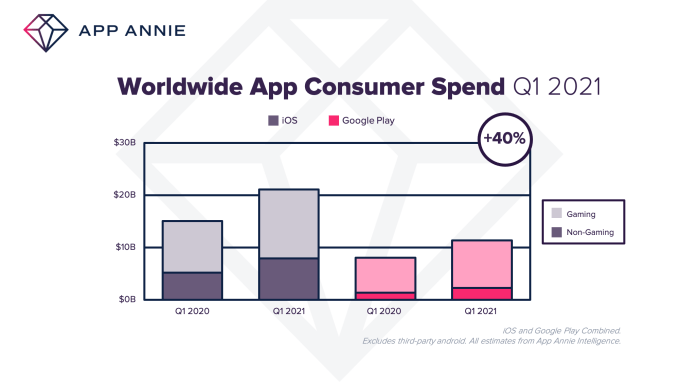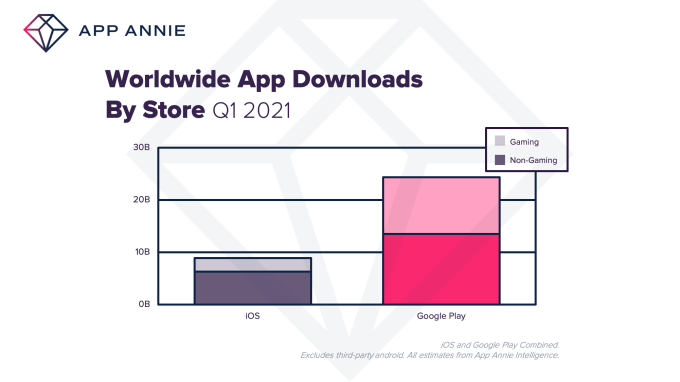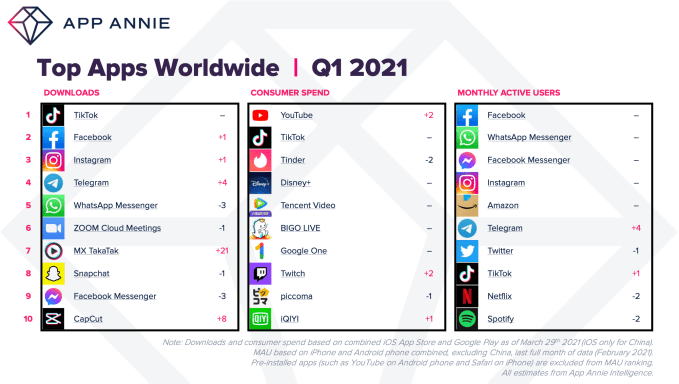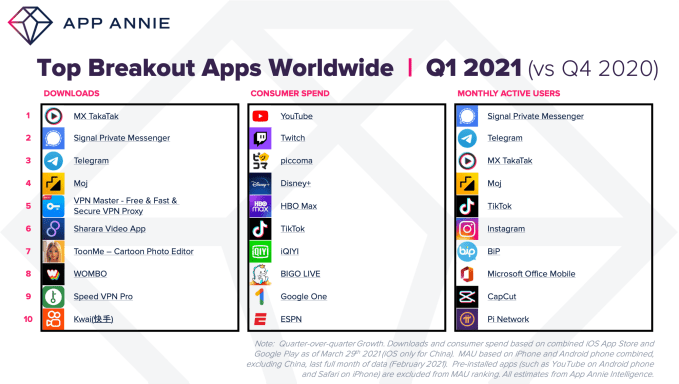The gaming sector has never been hotter or had higher expectations from investors who are dumping billions into upstarts that can adjust to shifting tides faster that the existing giants will.
Bay Area-based Manticore Games is one of the second-layer gaming platforms looking to build on the market’s momentum. The startup tells TechCrunch they’ve closed a $100 million Series C funding round, bringing their total funding to $160 million. The round was led by XN, with participation from Softbank and LVP alongside existing investors Benchmark, Bitkraft, Correlation Ventures and Epic Games.
When Manticore closed its Series B back in September 2019, VCs were starting to take Roblox and the gaming sector more seriously, but it took the pandemic hitting to really expand their expectations for the market. “Gaming is now a bonafide super category,” CEO Frederic Descamps tells TechCrunch.
Manticore’s Core gaming platform is quite similar to Roblox conceptually, the big difference is that the gaming company is aiming to quickly scale up a games and creator platform geared towards the 13+ crowd that may have already left Roblox behind. The challenge will be coaxing that demographic faster than Roblox can expand its own ambitions, and doing so while other venture-backed gaming startups like Rec Room, which recently raised at a $1.2 billion valuation, race for the same prize.
Like other players, Manticore is attempting to build a game discovery platform directly into a game engine. They haven’t built the engine tech from scratch, they’ve been working closely with Epic Games which makes the Unreal Engine and made a $15 million investment in the company last year.
A big focus of the Core platform is giving creators a true drag-and-drop platform for game creation with a specific focus on “remixing” allowing users to pick pre-made environments, drop pre-rendered 3D assets into them, choose a game mode and publish it to the web. For creators looking to inject new mechanics or assets into a title, there will be some technical know-how necessary but Manticore’s team hopes that making the barriers of entry low for new creators means that they can grow alongside the platform. Manticore’s big bet is on the flexibility of their engine, hoping that creators will come on board for the chance to engineer their own mechanics or create their own path towards monetization, something established app store wouldn’t allow them to.
“Creators can implement their own styles of [in-app purchases] and what we’re really hoping for here is that maybe the next battle pass equivalent innovation will come out of this,” co-founder Jordan Maynard tells us.
This all comes at an added cost, developers earn 50% of revenues from their games, leaving more potential revenue locked up in fees routed to the platforms that Manticore depends on than if they built for the App Store directly, but this revenue split is still much friendlier to creators that what they can earn on platforms like Roblox.
Building cross-platform secondary gaming platforms is host to plenty of its own challenges. The platforms involved not only have to deal with stacking revenue share fees on non-PC platforms, but some hardware platforms that are reticent to allow them all, an area where Sony has been a particular stickler with PlayStation. The long-term success of these platforms may ultimately rely on greater independence, something that seems hard to imagine happening on consoles and mobile ecosystems.







 , Alexa will share financial planning best practices so founders can remove this layer of stress from the pressure of building a business.
, Alexa will share financial planning best practices so founders can remove this layer of stress from the pressure of building a business.